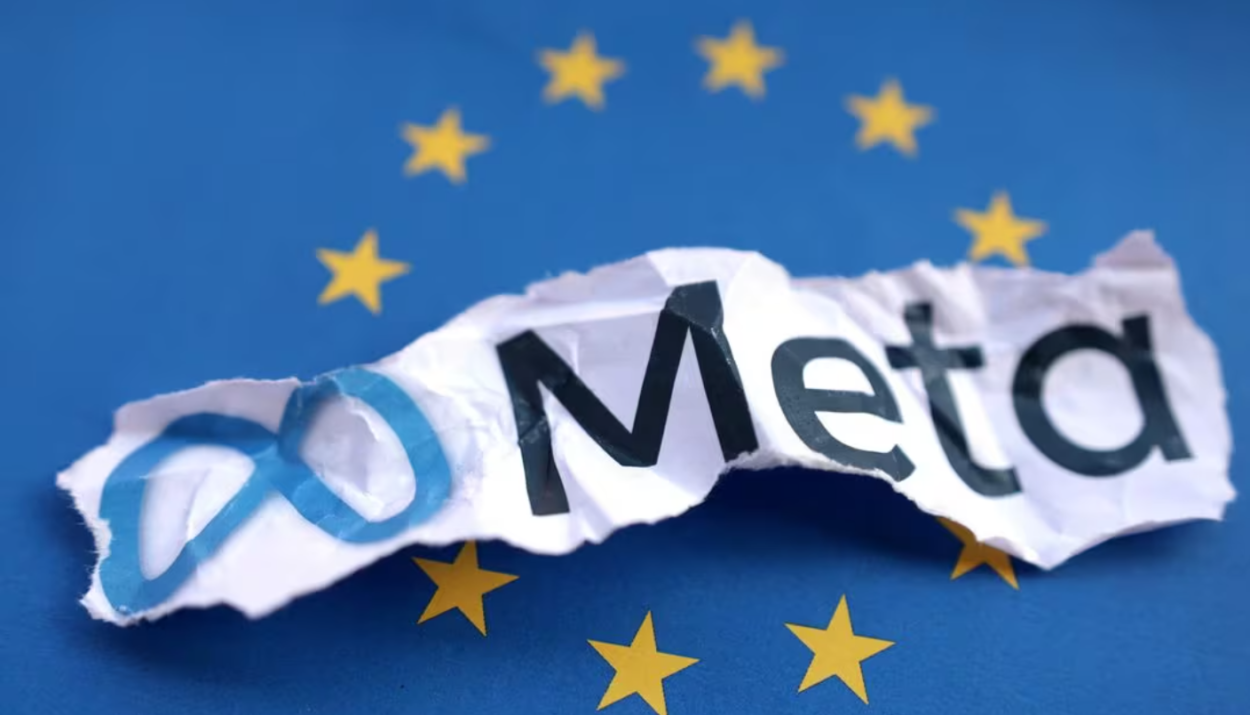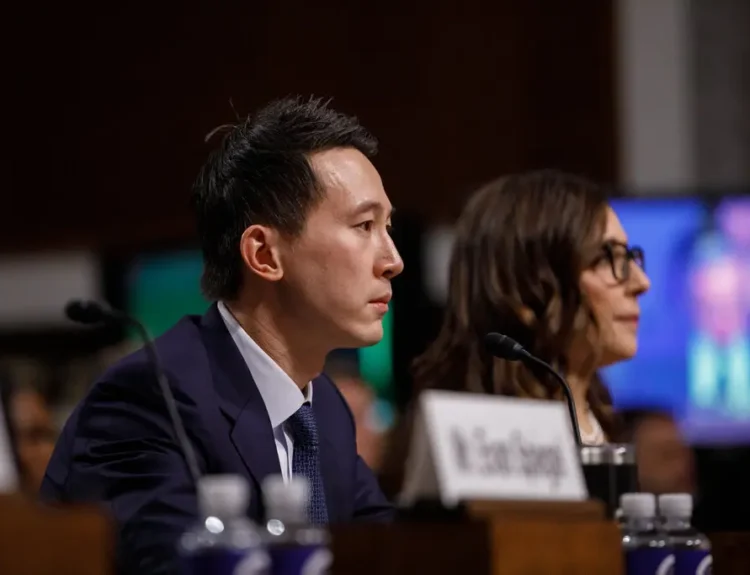In today’s rapidly digitizing world, the battlefield for democracy increasingly spans the digital realm, particularly during the critical moments of elections. Notably, the European Union (EU) elections have become a focal point for concerns surrounding artificial intelligence (AI) abuse and disinformation campaigns. In a significant move to safeguard the integrity of its platform and, by extension, the democratic process, Meta has assembled a new team. This specialized group is dedicated to identifying, understanding, and mitigating the nuanced challenges posed by AI abuse and disinformation.
Contents
The task at hand is monumental yet non-negotiable. With a mission to preemptively identify and disarm potential threats to the electoral process, Meta’s strategy unfolds through several innovative measures.
The Core Strategies
- Advanced Algorithmic Patrols
- Leveraging cutting-edge AI to monitor and analyze patterns of behavior and content that deviate from the norm – aiming to catch disinformation before it spreads.
- Multi-Layered Verification Processes
- Enhancing user verification processes, thus making it harder for bots and malicious actors to create phony accounts or spread false information.
- Partnerships with Fact-Checkers
- Collaborating closely with independent fact-checking organizations across Europe to verify content, especially that which pertains to the elections.
- Public Awareness Campaigns
- Conducting information campaigns to educate users on how to spot disinformation.
Specialized AI Tools for Detection
The specialized AI tools that Meta is developing represent a leap forward in detecting subtle manipulations. These tools are designed to:
- Understand and identify deepfakes more efficiently.
- Analyze linguistic patterns that may indicate AI-generated disinformation.
User Empowerment and Transparency
Empowering users is at the heart of Meta’s approach. Strategies include:
- Enhanced User Controls
- Providing users with more tools to report suspected disinformation.
- Transparency Reports
- Regular publication of transparency reports detailing efforts and outcomes in fighting disinformation.
The Challenges Ahead
While Meta’s initiative is groundbreaking, the road ahead is filled with challenges. AI and digital platforms are ever-evolving, with malevolent actors constantly finding new loopholes. Ensuring privacy and freedom of speech while combating misuse is a delicate balance to maintain.
The Global Implication
Meta’s efforts in the EU elections could set a precedent for future elections worldwide. The effectiveness of these measures could provide a blueprint for combating digital threats to democracy globally.
Conclusion: A Call to Collective Action
Meta’s initiative to combat AI abuse and disinformation in the EU elections is a commendable step towards protecting democracy. However, it highlights a significant reality: the fight against digital threats requires a collaborative effort. Government bodies, tech companies, civil society, and individuals must work in tandem to safeguard the integrity of our electoral processes. As we edge closer to the EU elections, let’s remain vigilant, informed, and ready to participate in this collective action.
“In the digital age, protecting democracy is a shared responsibility. Let’s rise to the challenge together.”
While Meta’s new team has laid down an impressive strategy, their success will in part depend on our engagement and awareness as digital citizens. It’s time to take an active role in defending the digital landscapes that shape our democracies.







